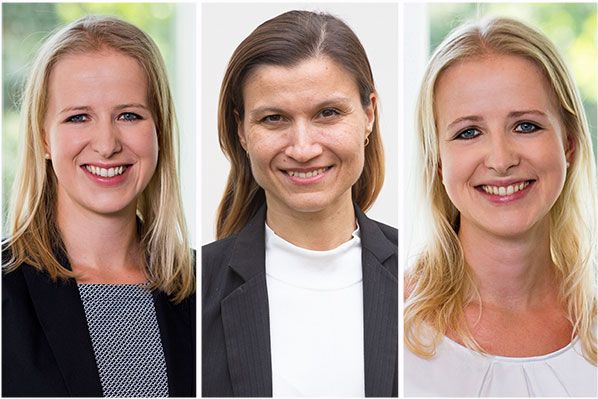
(Vienna, 13-06-2023) A project team led by Maria Wakolbinger, Eva Winzer and Kyriaki Papantoniou from the Department of Social and Preventive Medicine and the Department of Epidemiology at the Center for Public Health at MedUni Vienna has been awarded a prestigious Horizon Europe Grant for the SHIFT2HEALTH project. The aim of the project, which is being carried out by 15 European partners in seven European countries, is to gain new insights into the causes of overweight and obesity in shift workers, both in terms of behavioural and physiological factors. The project is coordinated by Karl-Heinz Wagner from the University of Vienna. The grant is worth 10 million euros, half a million of which will go to the Medical University of Vienna.
Around 34 million people in the EU work shifting. Work-related lifestyles, which are often associated with an increased risk of overweight or obesity and related health problems, put pressure on both individuals and national health systems. Therefore, strategies to promote healthy eating behaviours are increasingly needed to empower both workers and health systems. New technological developments, appropriate food environments and novel foods are also essential to support these strategies. These requirements are being explored in the new EU project, under the EU Health Call "HORIZON-HLTH-2022-STAYHLTH-01-05: Prevention of Obesity Through the Life Course". Over a period of 5 years, the project aims to gain new insights into the behavioural and physiological basis (biomarkers) that contribute to the risk of obesity in shift workers.
The project is a joint project of 15 European partners (universities, research centres and companies). The different working groups plan to combine their knowledge of dietary, behavioural and physiological patterns of unhealthy food choices. In addition, the study population will be gender balanced, with mainly female healthcare workers and mainly male industrial workers.
At the end of the study, a more comprehensive understanding of the behavioural, environmental and physiological factors that lead to overweight and obesity in shift workers of both sexes will be obtained. This will lead to tailored dietary and behavioural interventions that will benefit not only workers, but also employers and health systems across Europe.
Interested healthcare workers who regularly work night shifts at the AKH or MedUni Vienna can contact the study team.